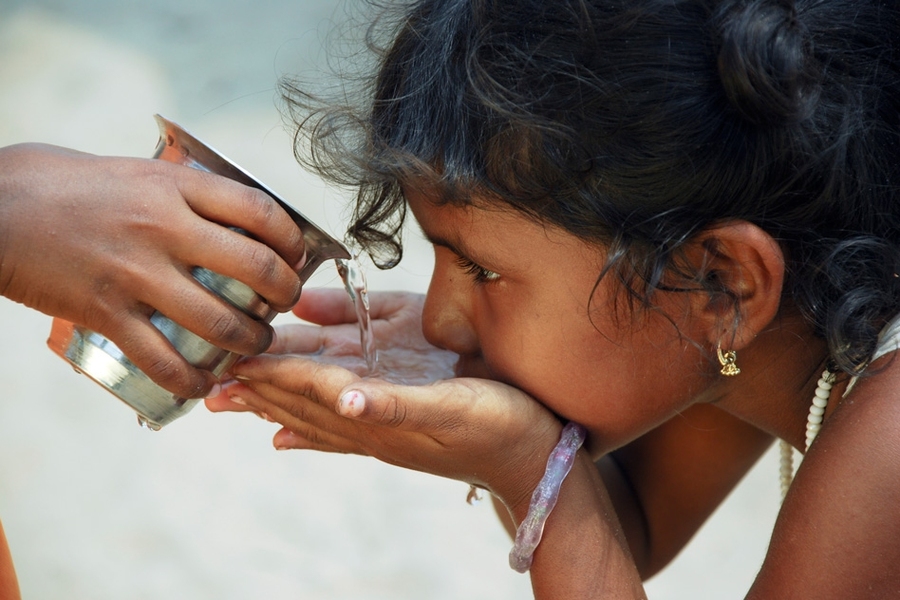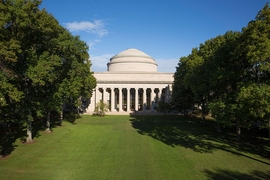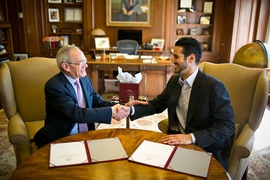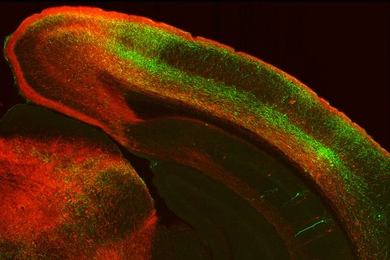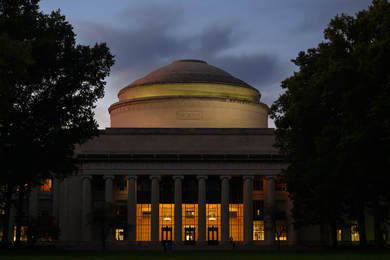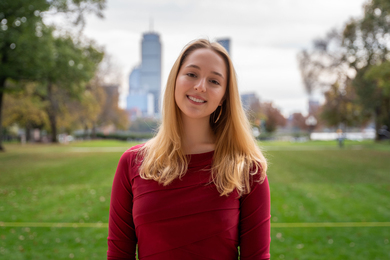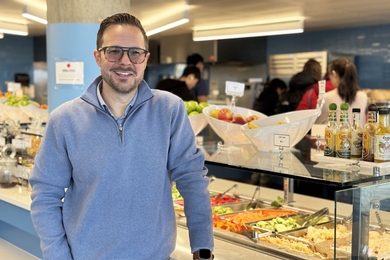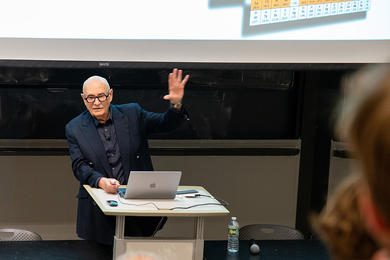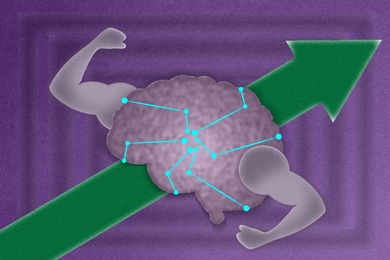The Abdul Latif Jameel World Water and Food Security Lab (J-WAFS) at MIT has announced the first grants awarded from the new J-WAFS Solutions program.
J‑WAFS was launched in 2014 to coordinate and promote water and food research at MIT, emphasizing the deployment of effective technologies, programs, and policies that will have a measurable and international impact as humankind adapts to a rapidly expanding and evolving population on a changing planet. J-WAFS Solutions, established this fall, aims to help MIT faculty and students commercialize breakthrough water and food technologies by transforming promising ideas into innovative products and cutting-edge spinout companies. One-year grants of up to $150,000 are awarded, and grantees may apply for a one-year renewal.
The Solutions program is managed by the MIT Deshpande Center for Technological Innovation, building on its successful model. The goal of the funding is to advance a technology to the point where it can attract customer interest and investments to commercialize a product and launch a spinout company, and/or to license the technology to an existing organization. Funds support work to refine and enhance an innovation, systematically explore potential markets, and assess commercial viability, whereby the technology and market risks are sufficiently reduced.
John H. Lienhard V, director of J-WAFS and the Abdul Latif Jameel World Water and Food Security Professor in the Department of Mechanical Engineering, notes that while MIT does not have an agriculture department, its exceptional strength in technology development sets it apart.
“MIT faculty and students have made significant innovations in food- and water-related technologies, such as bacterial sensors and desalination membranes,” Lienhard says. “The J‑WAFS Solutions program assesses new technologies such as these for their ability to improve the productivity, accessibility, and sustainability of the world's water and food systems. Working in collaboration with the Deshpande Center, J‑WAFS Solutions is able to provide the mentoring and guidance needed to bring these to the marketplace in the form of breakthrough products and new companies.”
J‑WAFS Solutions is sponsored by Community Jameel, the corporate social responsibility arm of the Abdul Latif Jameel Company, and is expected to provide funding for up to 15 projects over the next five years.
“I’m excited to see these first two grants catalyzing two new projects that could directly benefit humanity,” says Mohammed Jameel ’78, president of Community Jameel. “The most effective way to help improve water and food security is to create new, sustainable technologies that are disruptive to current technologies and can be spun out and/or adopted by global industry. My hope is that both projects will progress toward commercial viability and in doing so, thereby prove that the J‑WAFS Solutions initiative at MIT can make a significant contribution toward improved worldwide water and food security.”
J‑WAFS also funds seed research projects, many of which may be potential future J‑WAFS Solutions proposals, once a technology has been sufficiently developed. J‑WAFS executive director Renee Robins emphasizes the important role that technology commercialization plays in furthering the impact of J-WAFS’ research funding.
“Building on MIT’s unique ecosystem of innovation and entrepreneurship, J-WAFS is positioned to expand and strengthen the development of water and food technologies at MIT that will ultimately result in real-world improvements in our water and food systems,” she said.
The two projects funded in 2015 involve both water and food research. One addresses a cost and technological issue with which water treatment plants struggle: More than half the footprint of a water treatment plant is dedicated to pre-treating the feed water before it reaches the fragile separation membranes that remove salt or other unwanted substances to produce fresh water. Despite pre-treatment, membrane fouling and fragility remains a significant cost and operational challenge to plant operators.
Professor Jeffrey Grossman’s group in the Department of Materials Science and Engineering has developed novel materials to overcome this problem and is working to scale the technology in order to improve the overall performance of water treatment plants.
The second project addresses the need for point-of-use identification of contaminants in drinking water and food. Real-time monitoring of contaminants has become a priority in meeting the global need for water; similarly, the globalization of our food supply chains has driven the need for new detection platforms that can be employed at the point of consumption.
Food and water safety hazards can be categorized into several classes of contaminants, including bacterial pathogens, heavy metals, and allergens. The scientific communities studying these different contaminants have developed distinct monitoring platforms and approaches, such that technologies that have emerged each address one problem, but not the others.
Jointly led by Michael S. Strano, the Carbon P. Dubbs Professor in Chemical Engineering, and Anthony Sinskey, professor of microbiology and health sciences and technology, this interdisciplinary project furthers the development of a single integrated platform that can address all important food and water contaminants in a low-cost, widely deployable nanosensor array.
The two 2015 J-WAFS Solutions grant recipients and their projects are:
"Fouling-Resistant Nanoporous Membranes"
PI: Jeffrey Grossman, professor of materials science and engineering
"A Multiplex, Nanosensor Platform for the Real Time Monitoring of Food and Water-Borne Contaminants"
PIs: Michael S. Strano, the Carbon P. Dubbs Professor of Chemical Engineering; Anthony J. Sinskey, professor of microbiology and health sciences and technology
